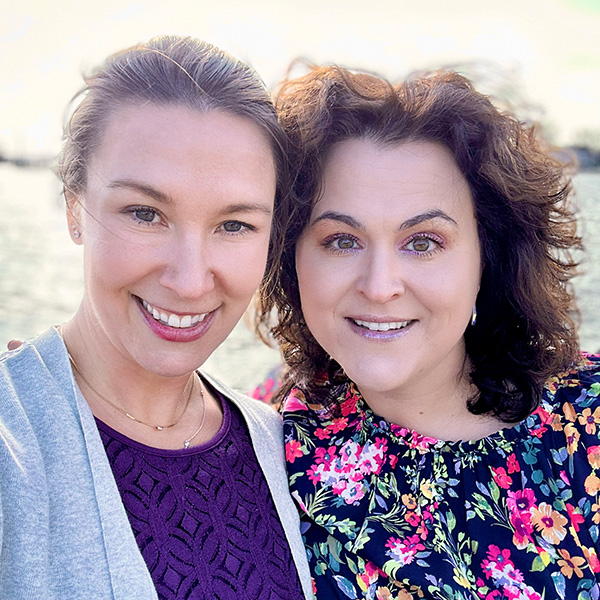As a country, we are stressed. Current events, news media, and political divisiveness all play a role. Navigating this landscape can be challenging, but you don’t have to do it alone.
Every year, the American Psychological Association conducts an annual “Stress in America” survey. The 2024 study found that the most common source of stress in our country is political in nature, describing the United States as “a nation in political turmoil.” Major areas of concern included the future of the country, an unstable economy, feeling like one’s rights are under attack, the spread of misinformation, social divisiveness, and global tension and conflict.
While keeping up with news and current events is important, we know that too much consumption is never a good thing. Excessive news viewing has been shown to negatively impact both physical and mental health (did you know that only 14 minutes of negative news a day can increase feelings of anxiety and sadness?). Social media is no better, with the Surgeon General proposing warning labels for social media use due to its negative impact on mood and mental health.
Bad News is Addictive
The media is negative and sensationalized because there is an economic advantage to this approach. It is easy to forget that the media is a business – designed to attract attention and promote engagement, which is most easily accomplished by inciting fear, surprise, or other negative emotions like anger. Because of this, negative news is what we see first and most frequently.
For many, despite the dangers, media consumption is addictive. The term “doomscrolling” is now used to describe the increasingly common habit of incessantly clicking on negative news stories and links.
How to Cope
It is possible to find balance between staying informed and keeping your mental health in check. Here a few techniques to try:
Set Limits and stick to them
Give yourself a small “check-in” window for news or media that feels reasonable but not overwhelming (e.g. 3 days a week, no more than 15 minutes a day, a limit of 3 articles or clicks).
Be Selective with your sources
Choose news sources that are balanced and moderate in tone. Avoid outlets that seem to be biased or utilize sensationalized reporting (“clickbait”). Consider consumption that is less triggering (more radio and reading; less video and TV).
Timing is Everything
Avoid watching upsetting news at night before bed. After viewing, do something to relieve stress like going for a walk, taking a bath, or engaging in a mindfulness practice.
Seek Positivity
Uplifting news does exist! There are beautiful things happening in the world everyday. Tune into local news programs focused on community happenings or subscribe to a positive news outlet like the Good News Network, Positive News, or The Optimist Daily.
Make Time for the Good
When the world feels heavy and the news is bleak, it is even more important to engage in activities that make us feel good. It might feel like work to pull yourself out of a rut or bad mood, but it is worth the effort! Spend time with people who make you feel happy. Do things that feel restorative or relaxing. Find ways to connect with others and have some fun.
Take Action!
Do what you can, when you can. Participating in advocacy, donating to a cause you believe in, or simply making your voice heard can make a difference. Doing something always feels better than doing nothing. Taking action – no matter how small – can help you regain a sense of control in your life.
Small changes can lead to big shifts in attitude and mood. Prioritizing your own wellness and finding ways to remain calm and centered is key. The world around you may be stressful and feel chaotic – but you have the power to fight back and the opportunity to move forward in a positive way.
If you are finding it difficult to manage current event stress or are struggling with news/social media addiction, reach out for help! A mental health professional can help you navigate the storm and create a healthier relationship with media.
Joy in the Journey,
J&J
Share this article...

Meet Drs. Jessica Lawson & Jennifer Doran
Jess and Jenn are clinical psychologists, working parents, colleagues and friends. We believe in the the power of psychology and in having a connected and supportive community – a village. Our Blog posts and videos are designed to be short in nature – something you can tune into for 5 minutes a day or less.





